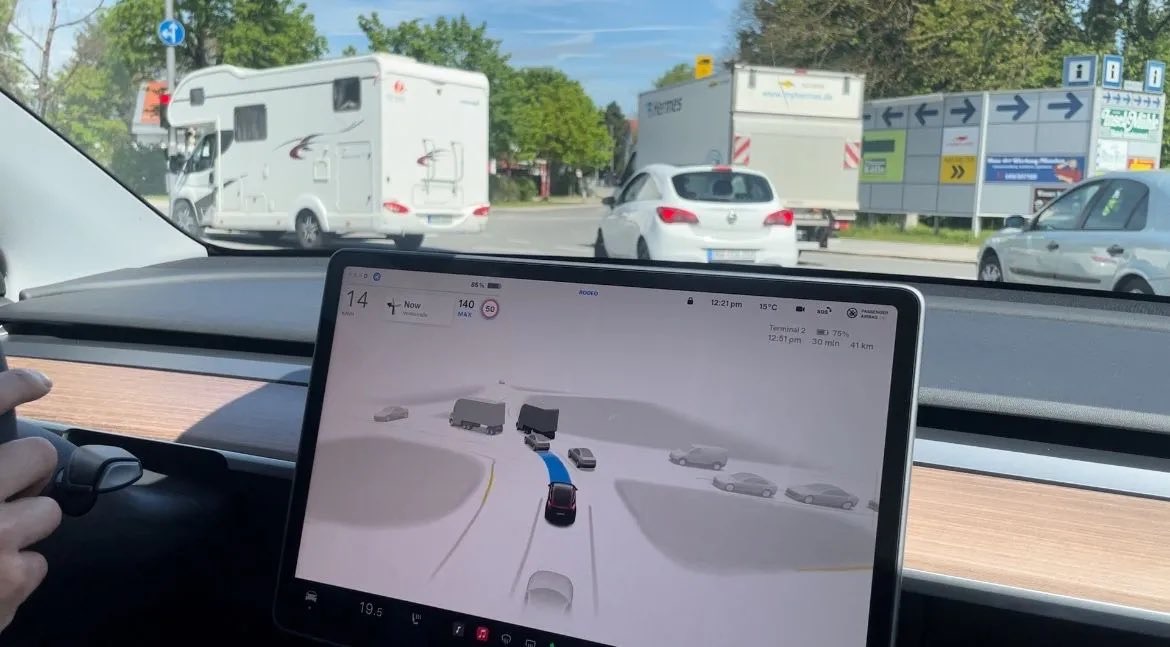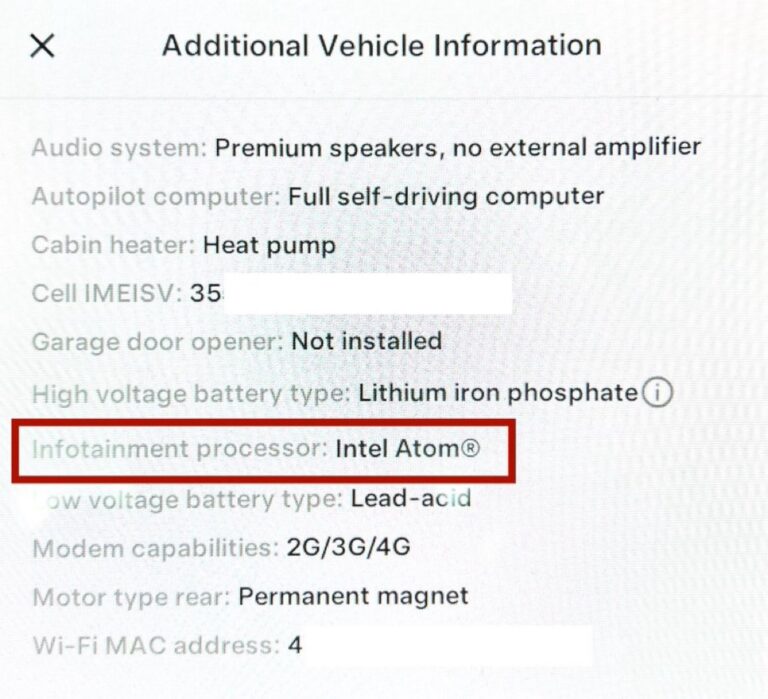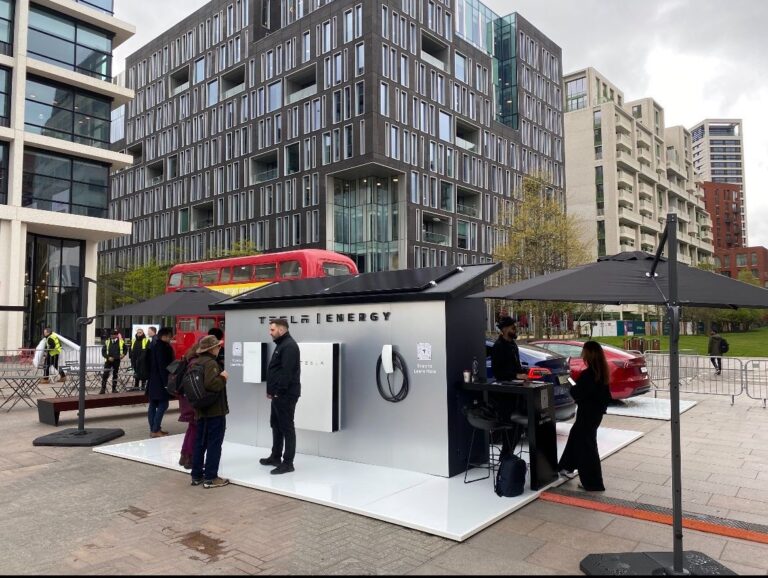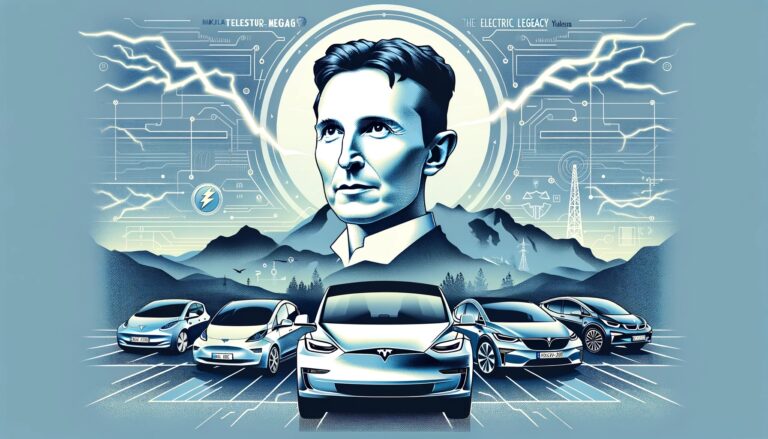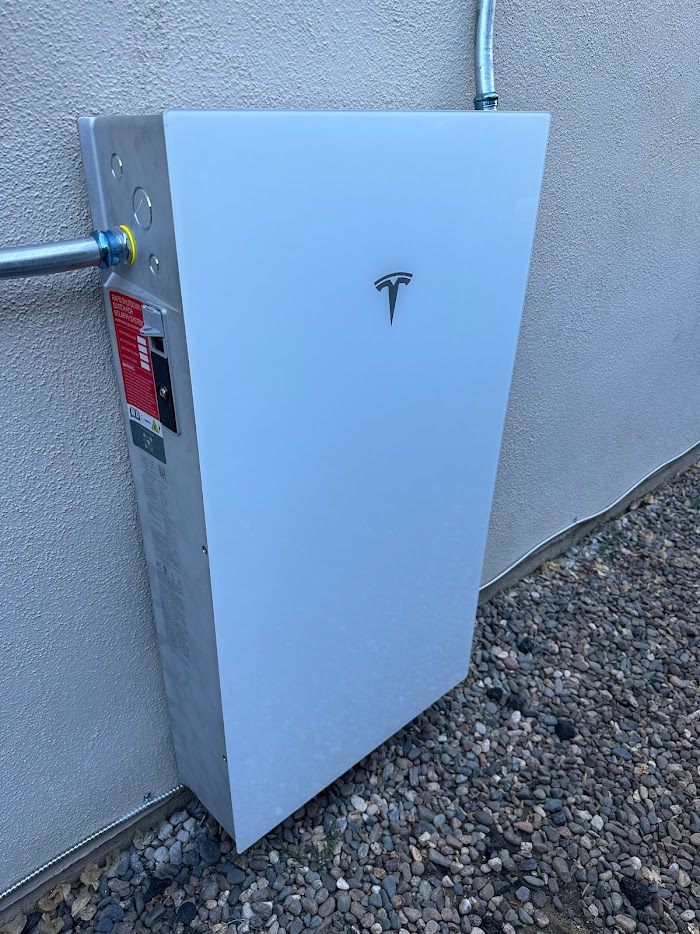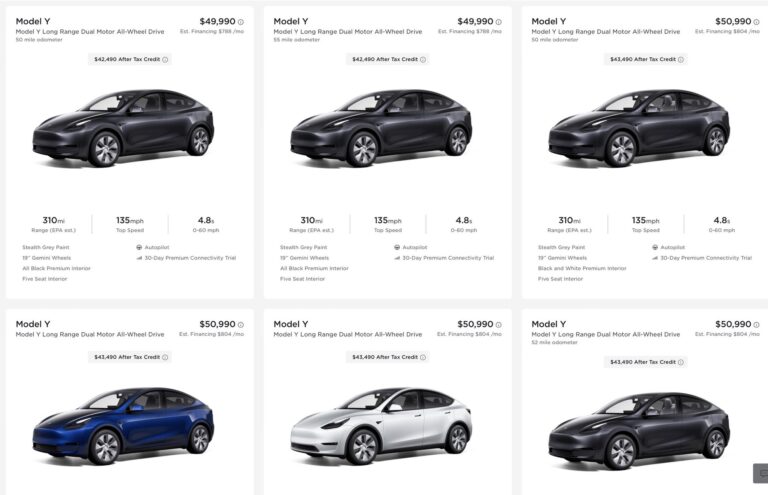a key step for autonomous mobility
The development of fully autonomous vehicles represents one of the major challenges of the modern automobile industry. Tesla, leader in this field with its Full Self-Driving (FSD) system, recently took a significant step forward by carrying out the first supervised test of this system on European soil, in Germany. This event not only marks significant technological progress, but also raises questions about the adaptation of regulations and the reception of the European public.
What is Tesla’s FSD?
Tesla’s Full Self-Driving (FSD) is an advanced driver assistance system that aims to enable fully autonomous driving without human intervention. Although the name suggests fully autonomous driving capability, the system currently requires constant driver supervision. FSD includes features like automatic lane changing, autonomous parking, traffic sign recognition and intersection management.
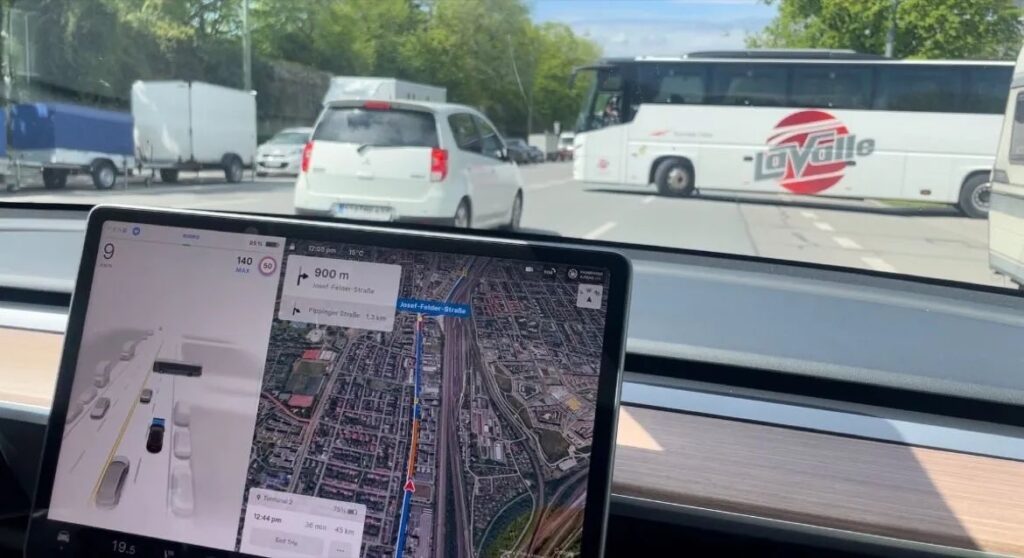
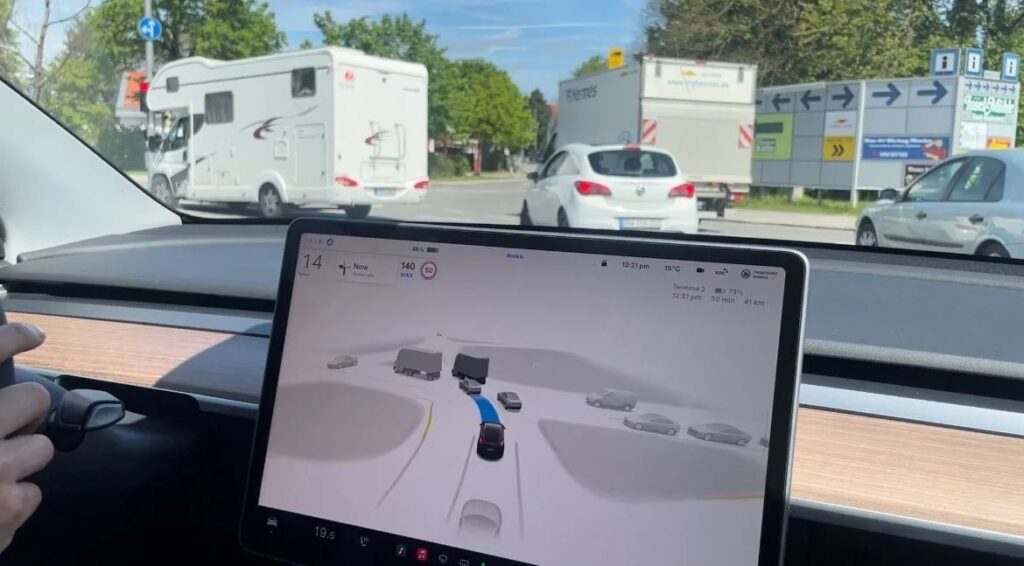
The importance of testing in Germany
Germany’s FSD trial is notable for several reasons. First, European standards and regulations for autonomous driving are among the strictest in the world. Adapting and testing the FSD in this regulatory context provides Tesla with valuable data on the adjustments needed to comply with local standards.
Second, Germany, with its rich automotive heritage, is a crucial market for the acceptance of new technologies in automobiles. Positive reception here could facilitate wider adoption of FSD in Europe.
Challenges and perspectives
Regulations
Autonomous vehicles must navigate a maze of regulations that vary considerably from one European country to another. Approval of autonomous driving in Germany does not necessarily mean broader acceptance across Europe, where each country has its own requirements and concerns around safety and compliance.
Safety and public trust
Safety is the public’s major concern. Every incident involving autonomous vehicles is scrutinized. Tesla must therefore not only prove the safety of its FSD system, but also work to build lasting trust with European consumers, traditionally more cautious regarding new automotive technologies.
Technological outlook
Despite the challenges, the outlook for autonomous driving in Europe is promising. Advances in artificial intelligence and data collection are constantly improving the capabilities of autonomous systems. Additionally, growing pressure for sustainable mobility solutions could accelerate the adoption of technologies to reduce emissions and urban congestion.
Conclusion
The first supervised driving demonstration of Tesla’s FSD in Germany is a significant milestone in the global effort towards autonomous mobility. However, the path to widespread adoption is paved with regulatory, technical and social challenges. By continuing to work closely with European regulators and transparently engaging the public, Tesla can not only refine its technology, but also play a leading role in transforming mobility standards globally.
